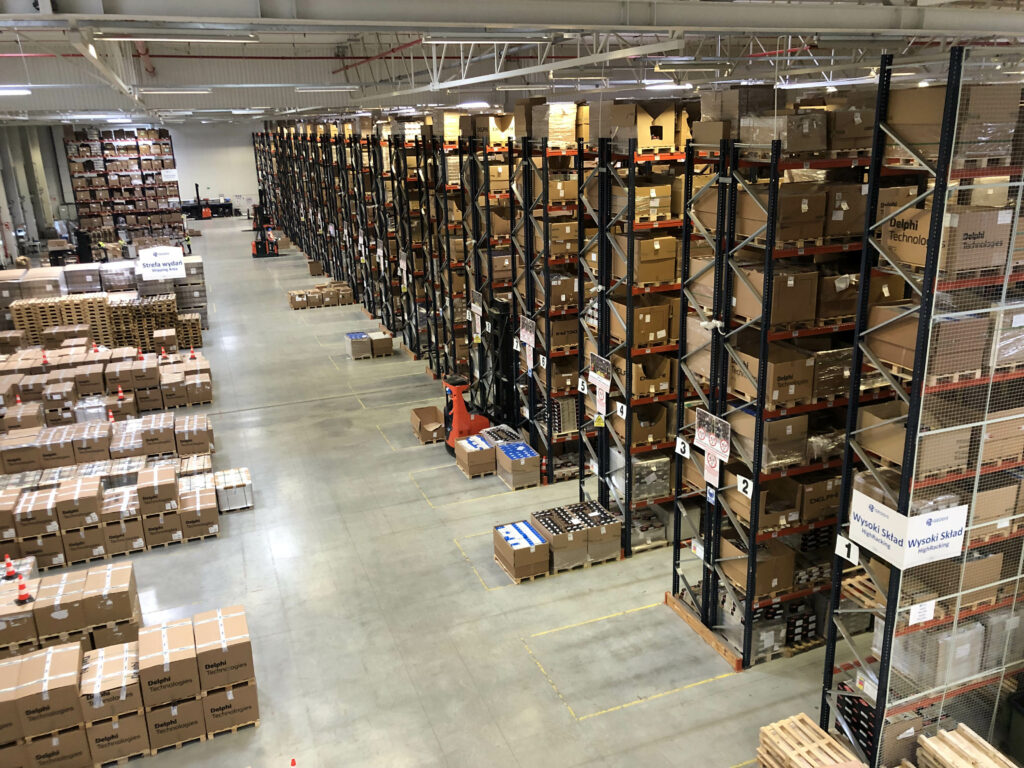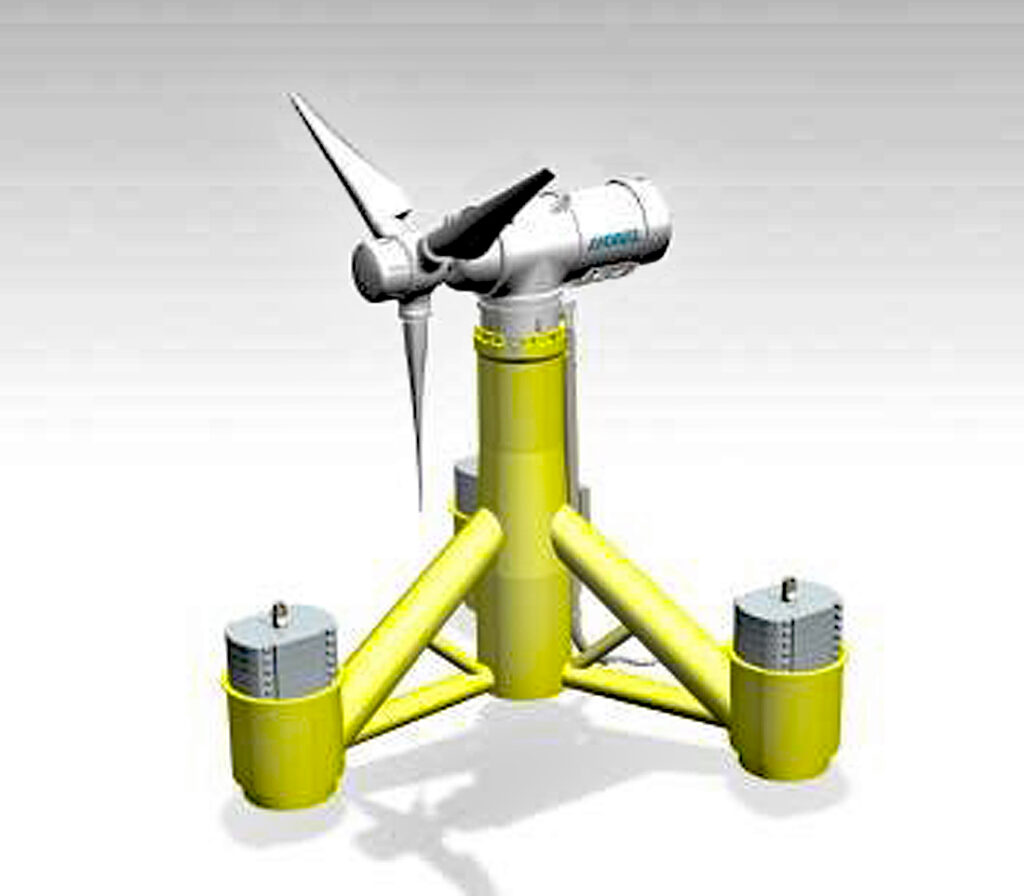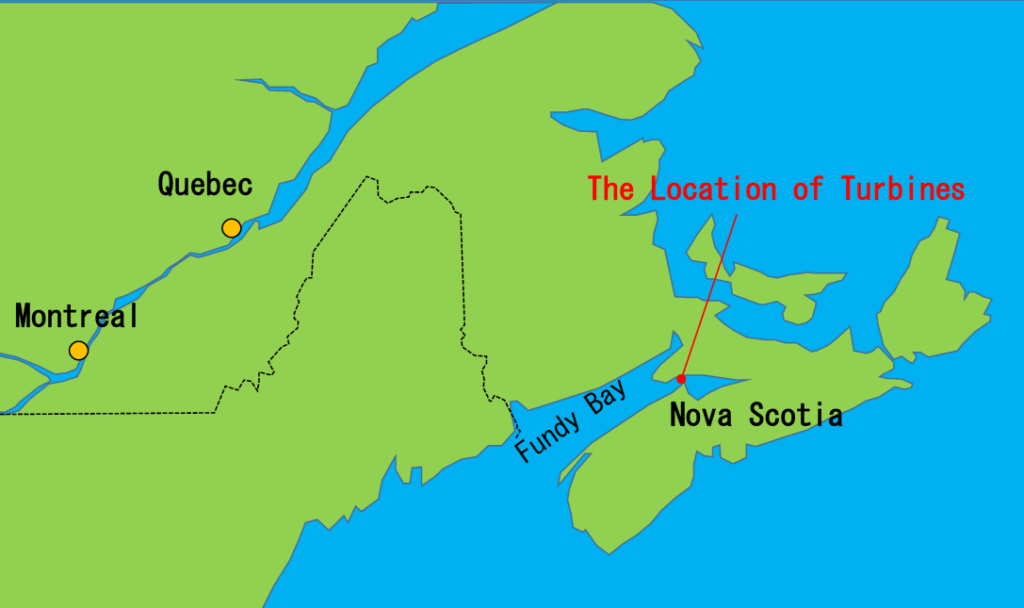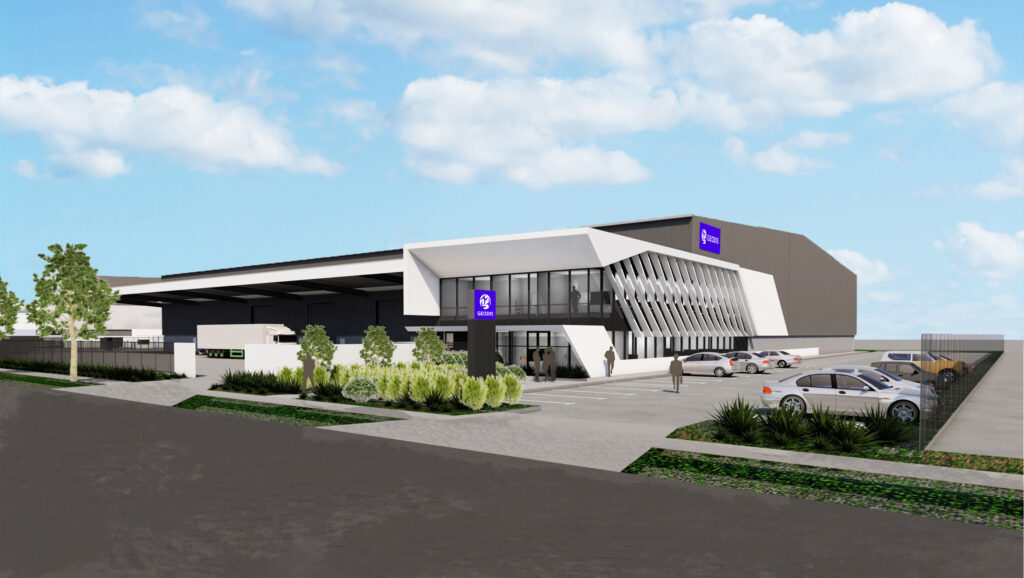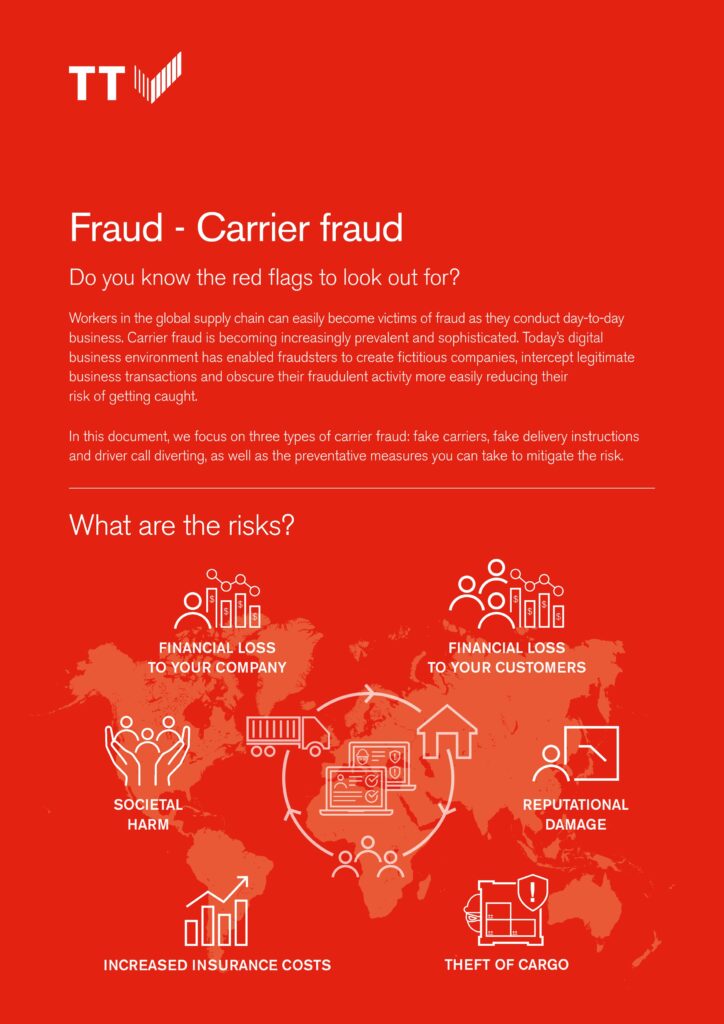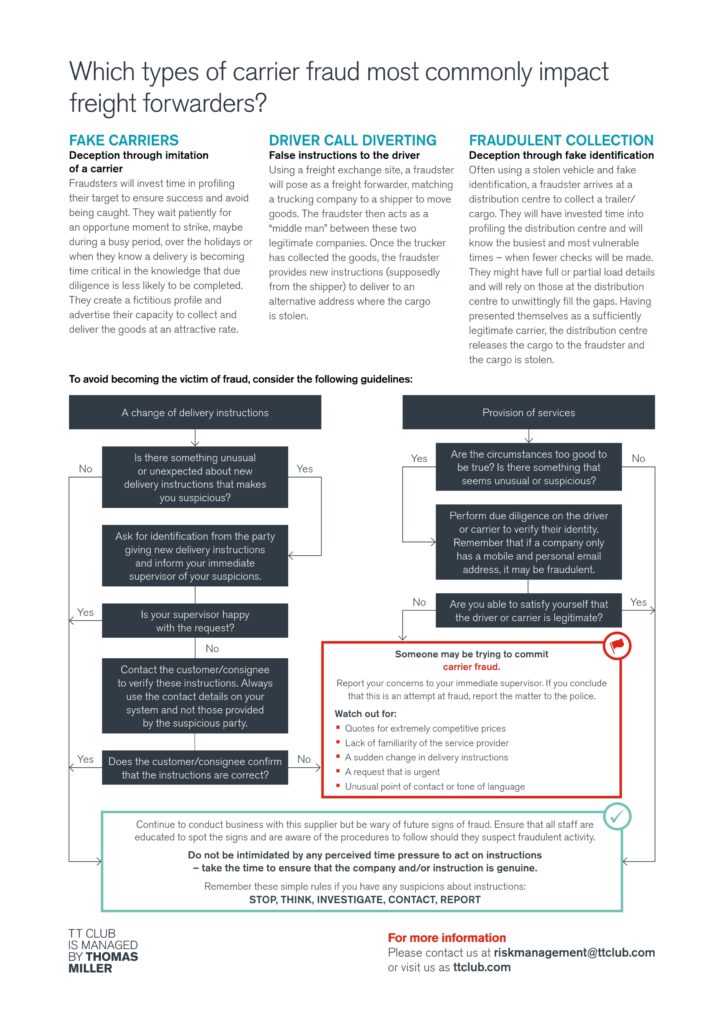Rayomar Group, business partner of Kawasaki Kisen Kaisha, Ltd. (“K” Line) in Philippines, (Note1), started COVID-19 vaccinations for its employees and staff at “K” Line Maritime Academy Philippines (Note2) with approval from Department of Health (DOH) and Pasay City.
Vaccinations are mainly conducted by “K” Line Clinic operated by a member of Rayomar Group which provides medical services for “K” Line seafarers in Philippines.
In Philippines, vaccinations are slowly progressing. But in order to ensure a stable supply of seafarers to sustain maritime transportation that supports the infrastructure of our daily lives, “K” Line will continue to promote vaccinations for seafarers on managed vessels and staffs working at affiliated companies at sea and shore.
(Note 1) In 1989, “K” Line has established a manning company in Philippines as a joint venture with our business partner, RAYOMAR MANAGEMENT INC, to recruit Filipino seafarers and provide to our fleet.
Raymor Management Inc Web Site : https://www.rayomar.com.ph/
(Note 2) “K” Line Maritime Academy Philippines, “K” Line Group’s training facility for seafarers in Philippines, accepts a total of 10,000 trainees a year, and as one of the major pillars supporting “safe ship operation and environmental protection”, which is the foundation of our business, “K” Line is securing and training high-quality seafarers on a stable basis.







